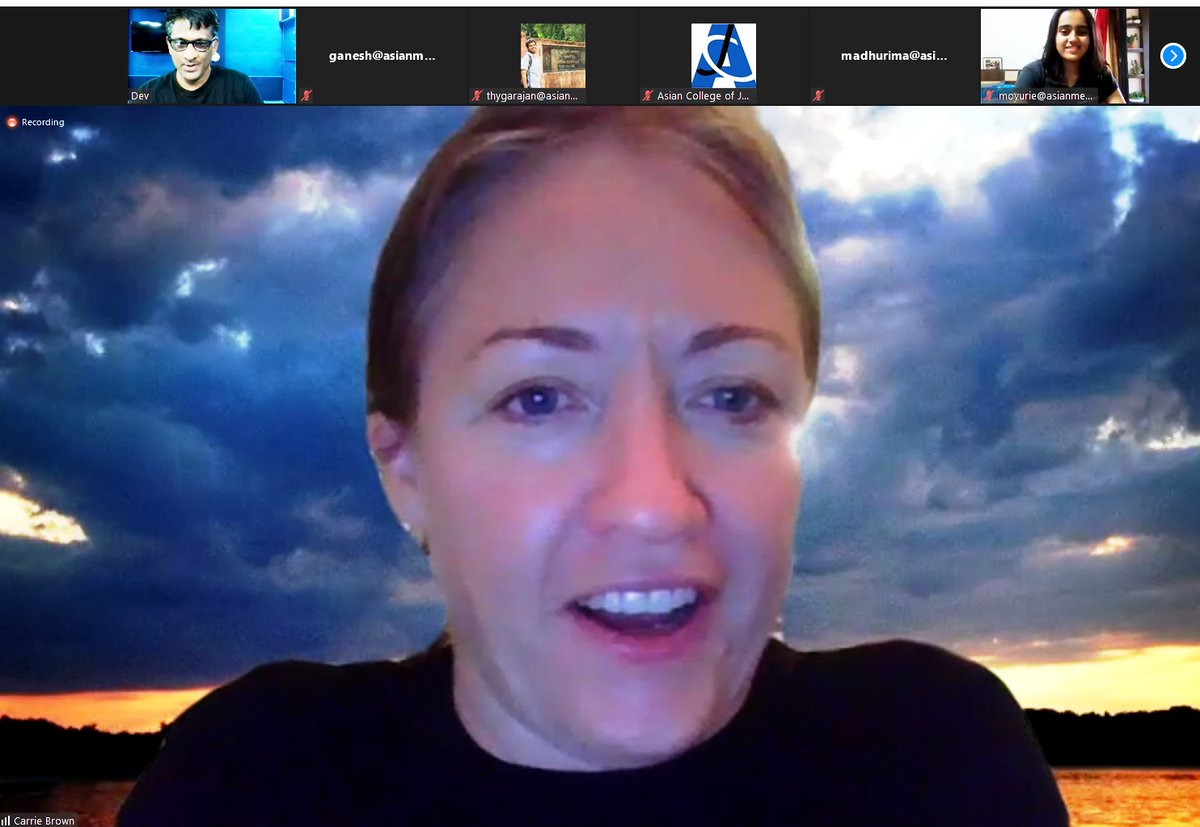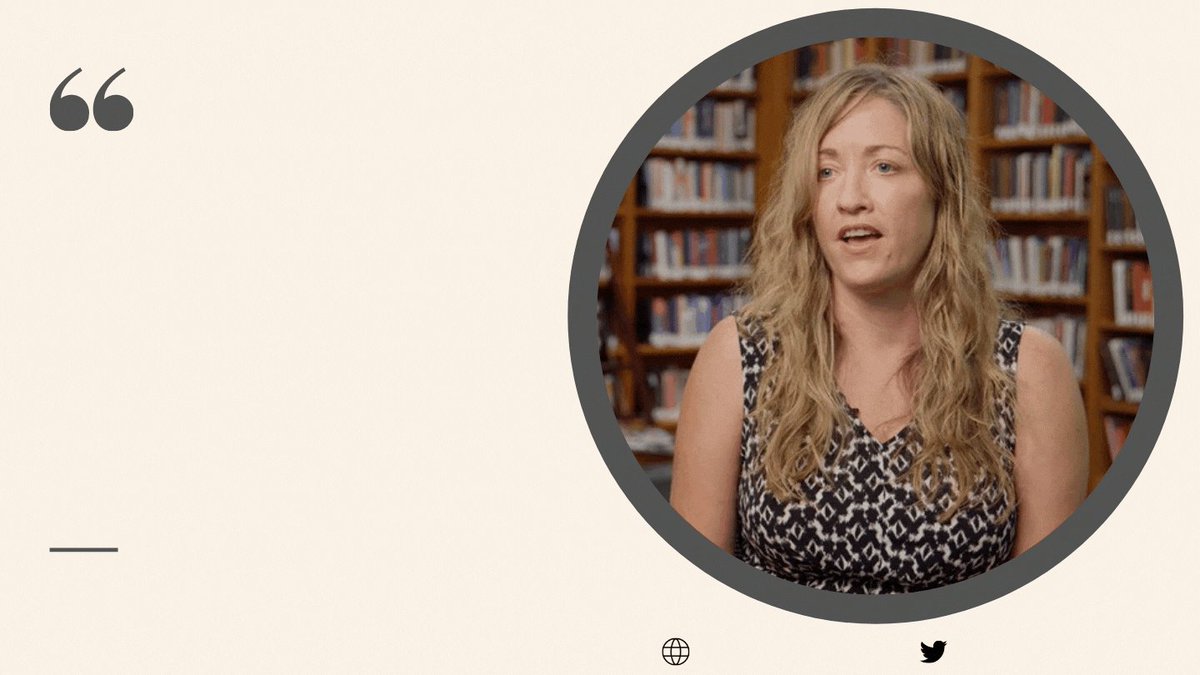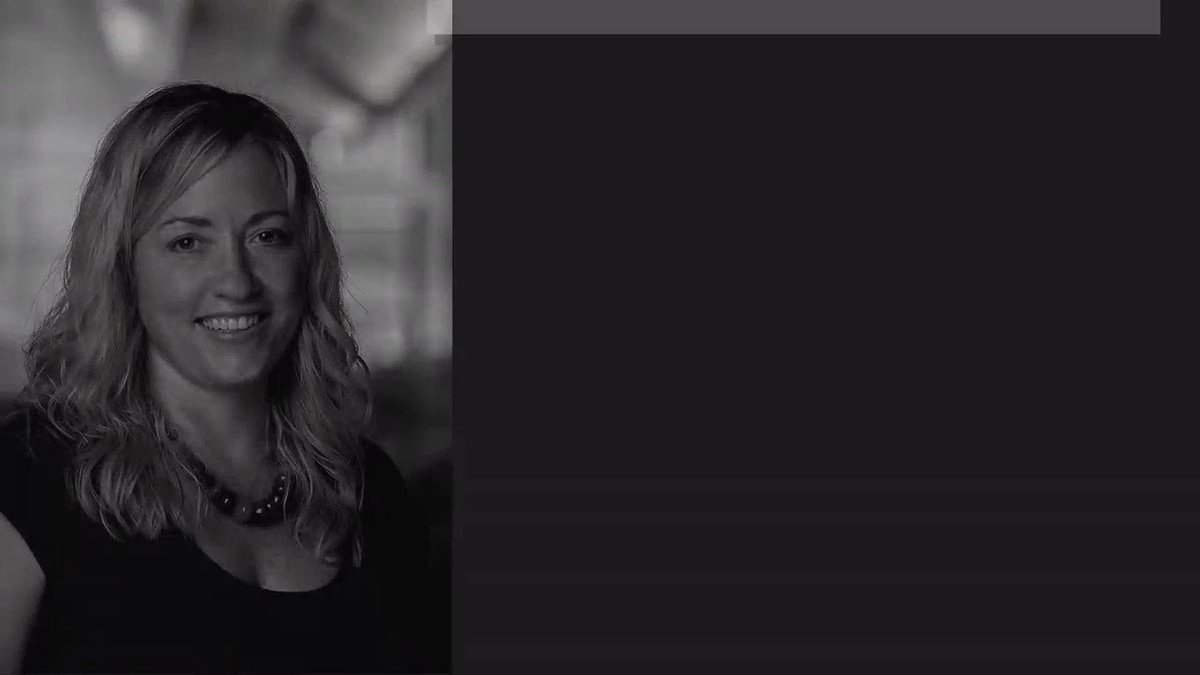Rucha limaye
4:30
4:33
4:39
4:43
4:43
4:46
4:48
4:52
4:55
4:55
4:58
5:02
5:03
5:06
5:07
5:10
5:11
5:14
5:14
5:18
5:21
5:24
5:26
5:27
5:30
5:32
5:35
5:36
Connecting…










